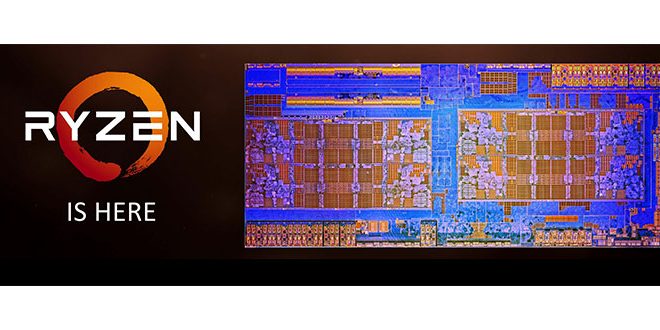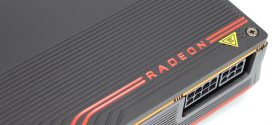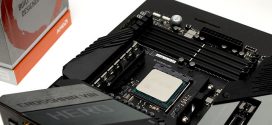PCMark 8
PCMark 8 is benchmark software that is designed to replicate Work, Creative, Storage and home workloads. This is done through running the specific types of applications and tasks that are typically associated with these workload categories. Based off of the performance of the different tests PCMark8 then assigns scores per workload type.
Creative
In our creative tests with PCMark8 Creative, we noticed decent performance increases when we overclocked the 1500X.
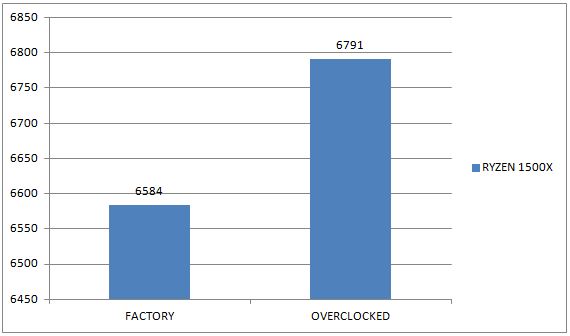
Work
The work related tasks we feel do not adequately take advantage of the cores and threads that the new RYZEN 1500X has that makes it so great in other aspects and as result, we do not see huge gains when overclocked.
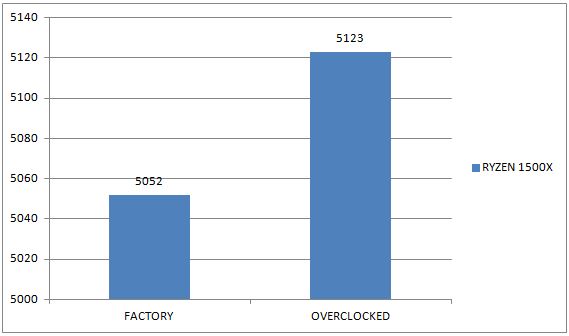
In this test we noticed marginal increases when we overclocked the 1500X, Similar to what we noticed when we tested the RYZEN 7 line of CPUs.
Home
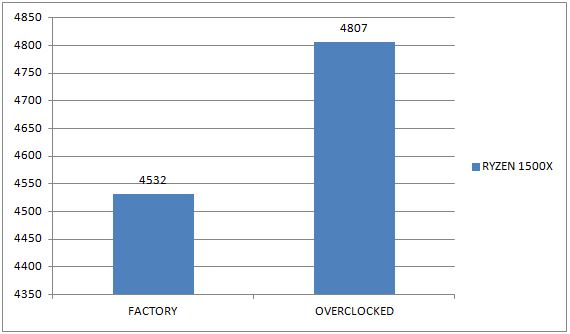
In our home tests, the RYZEN 1500X performed admirably in both factory and overclocked speeds; however, in the home category, the 1500X chip showed an advantage when overclocked.
Storage
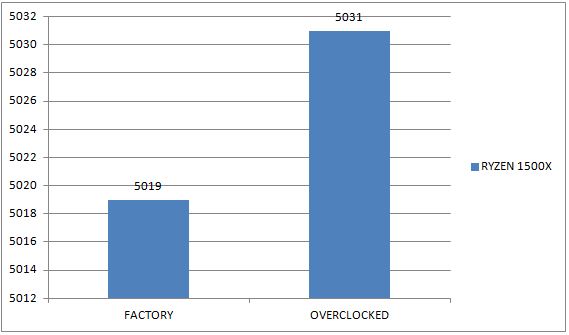
In the storage test, the RYZEN 1500X performed virtually identical when at stock speeds and when overclocked. We can only assume that the difference between factory and OC is due to the additional voltage and is not related to the MHZ, we say this because even in factory speeds the difference in MHz is pretty significant and yet it has no impact when we ran the storage tests because this test is more dependent on the hard drive you use in your system and test.
Super PI MOD 1.9WP
Super Pi is a single threaded benchmark that calculates Pi to a specific number of digits. It uses the Gauss-Legendre algorithm and is a Windows program designed by Yasumasa Kanada in 1995 to compute Pi to 232 digits.
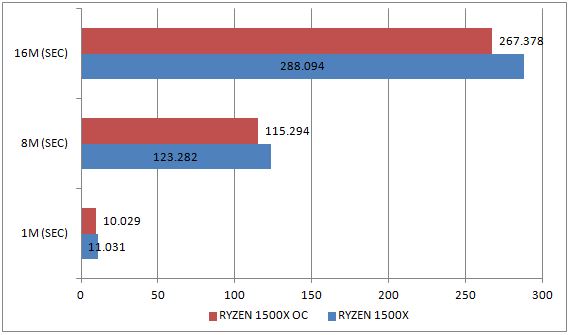
In Super PI MOD 1. 9WP the lower the time the better and overall the results we viewed were on par for what we expected and the overclocking made a difference, but it was not as drastic as we expected and we feel that this is because it is a single-threaded application.
WPRIME
wPrime is a leading multithreaded benchmark for x86 processors that tests your processor performance by calculating square roots with a recursive call of Newton’s method for estimating functions, with f(x)=x2-k, where k is the number we’re squaring, until Sgn(f(x)/f'(x)) does not equal that of the previous iteration, starting with an estimation of k/2. It then uses an iterative calling of the estimation method a set amount of times to increase the accuracy of the results. It then confirms that n(k)2=k to ensure the calculation was correct. It repeats this for all numbers from 1 to the requested maximum.
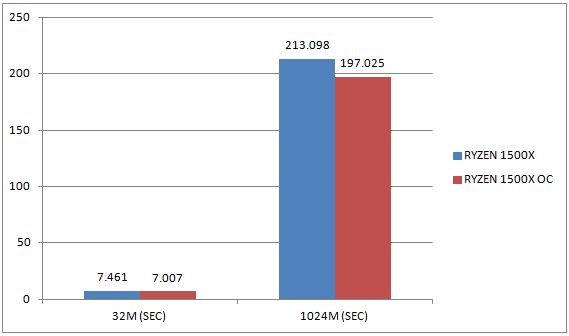
With WPrime we noticed a slight change when we overclocked the 1500X and once again the lower the better, however it was nothing drastic or spectacular when overclocked.
 Bjorn3D.com Bjorn3d.com – Satisfying Your Daily Tech Cravings Since 1996
Bjorn3D.com Bjorn3d.com – Satisfying Your Daily Tech Cravings Since 1996
